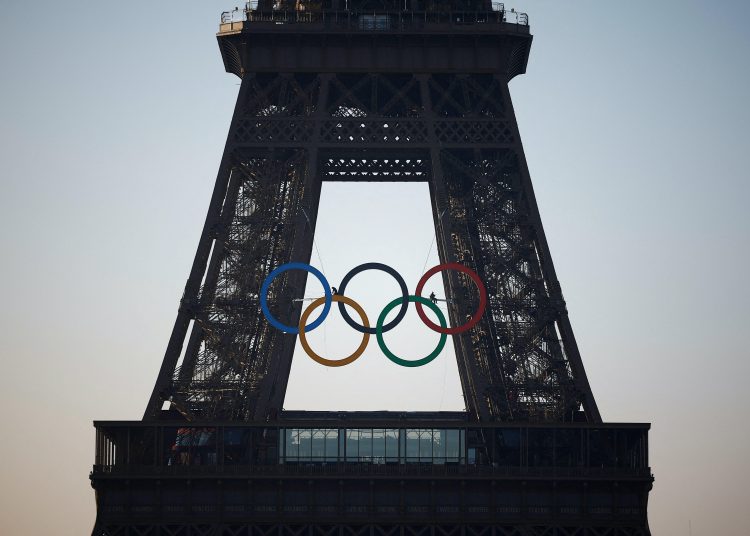The Olympic Games are the world’s biggest sports spectacle and have captivated it for centuries. They consist of over 40 different sports, 53 disciplines and more than 400 events.
The ancient Olympic Games that were held in the ancient city of Olympia in Greece from the 8th century BC to the 4th century AD laid the foundation for the modern Olympic Movement.
The Athletic festivals derive their name from Olympia, where they originated. The games first took place between 776 BC and 393 AD and were later revived in the late 19th century.
Inspired by this rich history, a man called Baron Pierre de Coubertin founded the International Olympic Committee (IOC) in 1894, paving the way for the first modern Olympic Games in Athens, Greece in 1896, evolving into the most prestigious sports competition on the planet.
Over the past century, the Olympic Games have undergone numerous transformations. The creation of the Winter Olympics for snow and ice sports, the Paralympic Games for athletes with disabilities, and the Youth Olympic Games for aspiring young athletes have expanded the reach and inclusivity of the Olympic Movement.
The introduction of professional athletes has also marked a significant shift, as the IOC adapted to the changing landscape of sports.
Despite the challenges of world wars, the Spanish Flu, political tensions, and the COVID-19 pandemic over the years, the Olympic spirit has endured. The Games have continued to serve as a platform for athletes to showcase their talents and for host nations to present their cultures and achievements to the world.
This year’s summer tournament will be known as The 2024 Summer Olympics and will be held in Paris, France as the main host city across seven iconic venues in the city and featuring 32 sports between Friday, July 26th and Sunday, August 11th.
The excitement for the tournament throughout the world is palpable, despite some local resistance from the French nationals.
The French capital, which previously hosted the Games in 1900 and 1924, will become the second city to host the Summer Olympics three times, after London.
The 2024 Games will be a celebration of the centenary of the 1924 Paris Olympics and the Chamonix Winter Olympics, marking a significant milestone in the history of the Olympic Movement.
The 2024 Paris Olympics will feature several exciting new developments, including the debut of breakdancing as an official Olympic event. The Games will also be the last to be held under the IOC presidency of Thomas Bach, who has played a crucial role in shaping the modern Olympic landscape.
Uganda will be among the 206 National Olympic Committees (NOC) that are expected to participate in the 2024 Summer Olympics in Paris and will be sending a team of 18 competitors, including 16 athletes, 1 cyclist, and 1 rower, out of the over 10,500 athletes that are expected to compete.
The outstanding athletes at the competition will be awarded Gold, Silver and Bronze medals for their contribution. A total of 156 countries have earned at least one medal at the Olympics, with Uganda winning a total of 11 medals (4 Gold, 4 Silver and 3 Bronze) ever since it first participated in the games in 1956.
The four Athletes that have won Gold medals for Uganda over the years are John Akii-Bua at the 1972 Munich Olympics, Steven Kiprotich in 2012 in London, and Peruth Chemutai and Joshua Cheptegei at the just-concluded 2020 Tokyo Olympics.





























